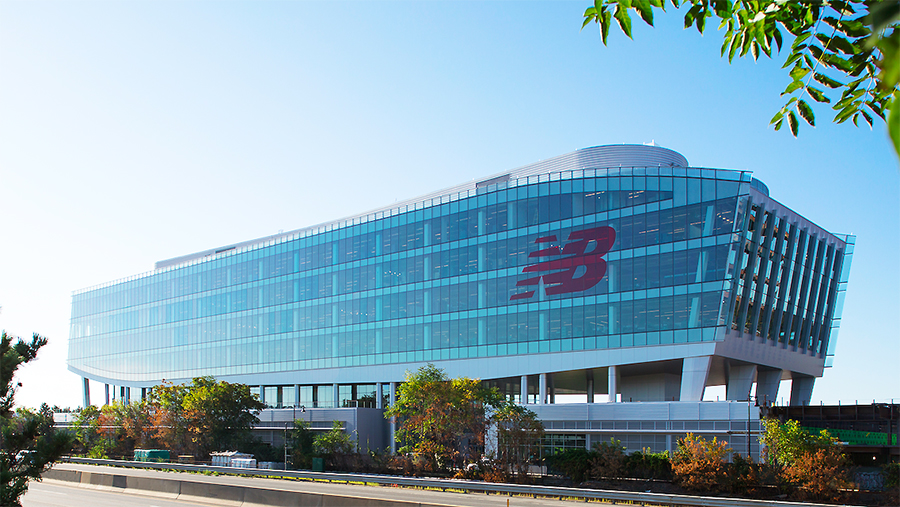New Balance Athletics, Inc. announced it has made two major climate commitments: joining RE100 and signing the UN Fashion Industry Charter for Climate Action. The announcement comes as the company marks a key milestone by generating a total of more than one million kilowatt-hours in solar energy at its Flimby, England footwear manufacturing facility.
“New Balance has always believed that making things matters, but how they are made matters even more. By taking action across our own global operations, especially in our owned factories, we can demonstrate clear leadership as we pursue even wider adoption of renewables and other measures across our supply chain and industry,” says Joe Preston, New Balance president and CEO. “We recognize that addressing climate change requires innovation and new ways of doing business. We are excited to join with many of the world’s leading companies to amplify our voice, learn from those that have done so much already, and help accelerate change at a larger scale.”
Through RE100, New Balance commits to sourcing 100 percent of its electricity from renewable sources by 2025 across all global NB operations. RE100 is a global initiative that brings together the world’s most influential companies committed to 100 percent renewable power. The goal is to increase corporate demand for renewable energy and spur greater renewables development which is critical in transitioning to a net-zero emissions economy. New Balance already sources renewable electricity that covers its U.S.-based offices, distribution centers, and five footwear manufacturing facilities in Maine and Massachusetts, while rooftop solar provides approximately 30 percent of the electricity at its Flimby, U.K. factory.
Beyond its own operations, New Balance is joining forces with the broader textile, apparel, and footwear industry to move toward a common commitment under the UN Fashion Industry Charter for Climate Action. This Charter encompasses the company’s global footprint, including emissions associated with its supply chain and the materials used to make its products. As a signatory, New Balance commits to a 30 percent reduction in greenhouse gas emissions by 2030, prioritizing materials with low climate impact, eliminating new coal from Tier 1 and Tier 2 supply chains, supporting more circular business models, and engaging in closer dialogue with consumers to increase awareness and change behavior.
“Moving towards a low carbon future is a core part of our global Responsible Leadership program and illustrates how New Balance seeks to do business with purpose and integrity”, says John Stokes, Head of Global Sustainability at New Balance. “Clean energy is good for the environment, good for public health, and good for business, and we believe now is the time for action and collaboration to effect positive global change.”
For more information on RE100, visit there100.org.
For more information on the UN Fashion Industry Charter for Climate Action, visit unfccc.int/climate-action/sectoral-engagement/global-climate-action-in-fashion/about-the-fashion-industry-charter-for-climate-action
Photo courtesy New Balance














